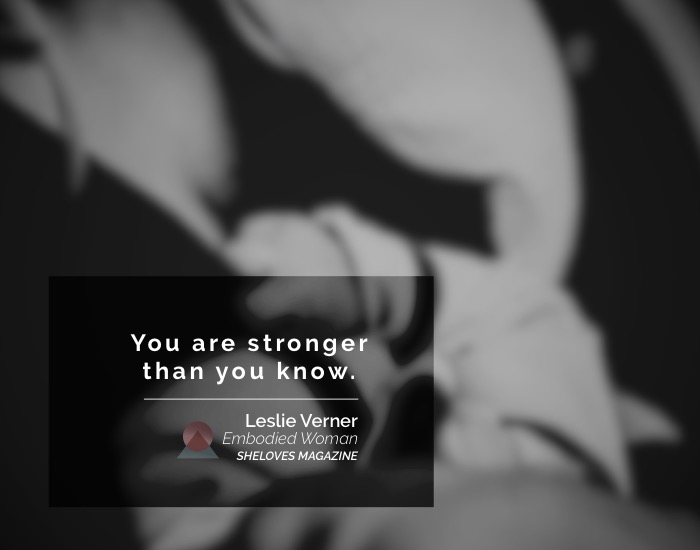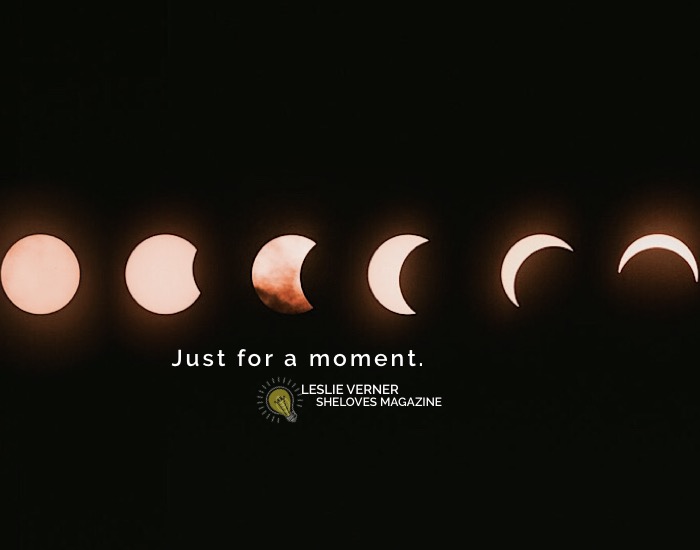Sharing this post at SheLoves today, for the theme “Amplify.”

Bryan Stevenson changed my life.
Last year, his book, Just Mercy, crushed the last of my illusions about justice in the United States. A few months after reading it—sleep deprived with a 12-day-old newborn—I drove to hear Stevenson speak in the auditorium of a nearby university. I nursed my infant with one arm and scribbled illegible notes with my other hand. But two words rattled me, transfixed me. They altered the course of our life, in fact.
“Get proximate.”
I stopped writing and looked up as he spoke. “Get close to the problems instead of trying to solve them from a distance. Get proximate to the poor and be willing to do uncomfortable things,” he said.
Was I willing not to just visit, talk about, or pray for those living in the margins, but actually move there?
For the past two years after moving from the city of Chicago, we rented a house in a nearly all-white area of Colorado snuggled up against the Rocky Mountains. The middle class neighborhood was made up of retirees with large campers parked in their driveways and a few young families. People didn’t bother locking their doors and I would have felt safe walking down our pitch black street late at night under a jubilee of stars. We were within walking distance of a huge new park with a splash pad, a giant wooden playground, a Frisbee golf course and tennis courts.
But as we began to search for a home to buy, I sensed God nudging us towards something other than safe, secure and comfortable. As we looked for houses in the nearby college town, I picked subdivisions where the neighborhood school had a high percentage of non-white students and free lunch recipients.
I drove around neighborhoods near trailer parks and run-down apartment complexes, ashamed that though I’d be willing to live near them, I wasn’t willing to actually live in a low income neighborhood just to be proximate to the poor.
Buying a home holds a mirror to our prejudices, privilege and values. It blasts holes in our claim to love our neighbor when we begin to realize we meant the neighbor just like us.
God never assures us safe or comfortable. He doesn’t urge us to pray for “smooth journeys” or perfect health. In fact, the gospel message juxtaposed against American culture is starkly counter-cultural.
Jesus wandered from house to house, keeping company with the misfits of society. He touched the untouchable and dined with the outcast. In the end, he gave up the right to protect himself and willingly died so these misfits could experience belonging. This is the gospel. So why do Sunday mornings at church always feel so polished and pristine?
We finally bought a home. Though the city is 82 percent white, the neighborhood school is 73 percent white. Fifty-two percent of the students have free or reduced lunch. It is not a drastic shift, but it is a small step toward a wider community of neighbors.
The city we moved to is double the size of the one we left. The hum of life murmurs at a low level. We now hear sirens, see bikers buzz past our picture window and hear Thai, Arabic and Hindi spoken at the grocery store. For the first time in my life, there is an African American family living across the street. My children are also beginning to recognize Spanish being spoken at the public library or MacDonald’s play place. I have plenty of opportunities to eavesdrop on unsuspecting Chinese people who don’t know I spent five years in China. From a diversity-standpoint, this feels like a good decision.
But what about the increase in homelessness and crime—does Jesus really want us to move closer to that?
Before moving (and in rebellion against the inner voice that warns us we’re googling too far) I searched online to see if there were any sex offenders in the neighborhood. There are. The site also offered all the registered felons. There were many—even on the route my kids will one day walk to school. I joined the local online forum for our neighborhood and learned that three cars were broken into last week and an unsolved murder a few streets away was solved. Fear began pawing at me, whispering that I am right to shelter and shield my children.
Proximity costs us …
Continue reading at SheLoves.







